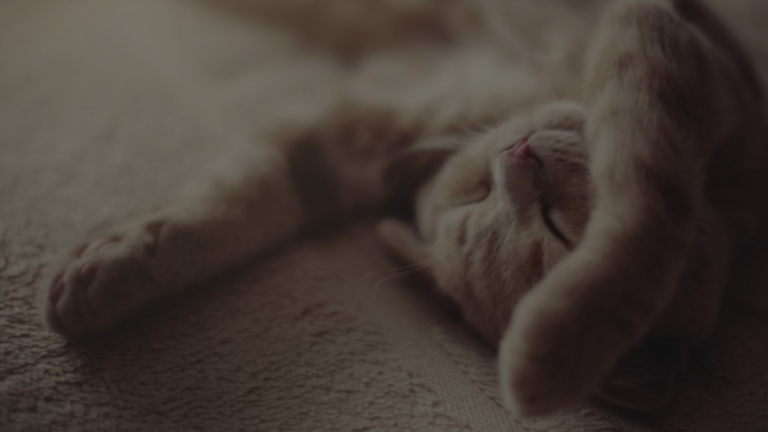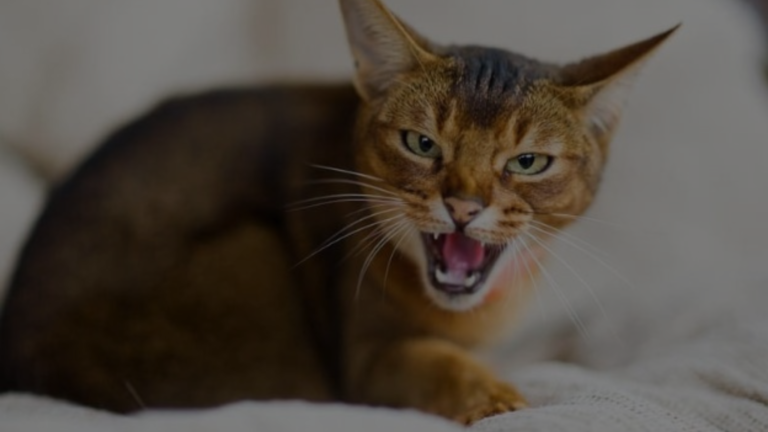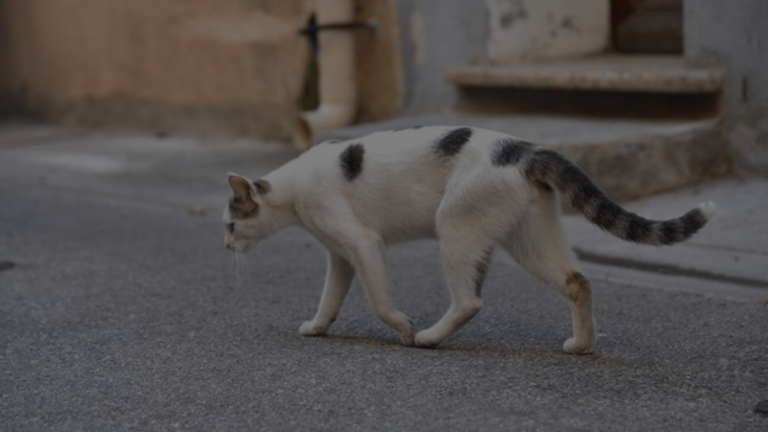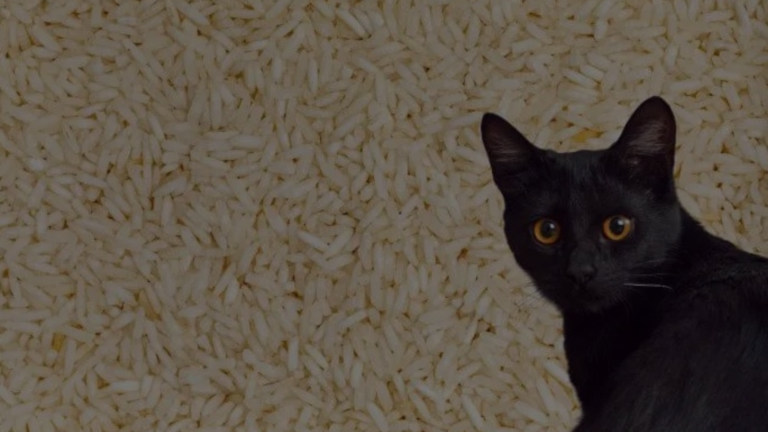As a pet enthusiast and a responsible pet owner, it’s essential to be aware of the potential hazards that can harm our beloved feline companions. One common household item that poses a significant threat to cats is bleach. In this comprehensive guide, we will delve into the world of bleach and its effects on cats, answering the crucial question: How much bleach will harm a cat?

Understanding the Basics
What Is Bleach?
Bleach is a chemical solution used to disinfect, clean, and remove stains from various surfaces. It contains active ingredients, such as sodium hypochlorite, which give it antiseptic properties. While bleach is a useful tool for maintaining a clean and sanitary home, its toxicity to pets, including cats, is a concern.
The Dangers of Bleach for Cats
Cats are naturally curious creatures, and they often come into contact with household chemicals, including bleach. Ingesting or even inhaling bleach fumes can lead to severe health issues in cats. The dangers of bleach for cats include:
- Oral and Digestive Problems: When a cat ingests bleach, it can lead to chemical burns in the mouth, throat, and stomach. This can result in drooling, vomiting, and difficulty swallowing.
- Respiratory Distress: Inhaling bleach fumes can irritate a cat’s sensitive respiratory system, causing coughing, wheezing, and labored breathing.
- Organ Damage: Bleach is corrosive and can damage a cat’s internal organs if ingested. This can lead to long-term health complications and even be fatal in severe cases.
- Skin Irritation: Contact with bleach on the skin can cause irritation, redness, and discomfort for your cat.
How Much Bleach Is Toxic to Cats?
Determining the exact amount of bleach that will harm a cat can be difficult, as it depends on many factors, including the cat’s size, age, and overall health. However, even small amounts of bleach can have negative effects on your bleach friend.

As a responsible pet owner, it is very important to keep bleach and other harmful chemicals out of your cat’s reach. Any exposure to bleach should be considered an emergency, and you should contact your veterinarian immediately.
Signs of Bleach Poisoning in Cats
To ensure your cat’s safety, it’s essential to be aware of the signs of bleach poisoning. If you suspect your cat has come into contact with bleach, watch for the following symptoms:
- Excessive drooling
- Vomiting
- Diarrhea
- Difficulty breathing
- Pawing at the mouth
- Lethargy
- Seizures
If you notice any of these symptoms, seek immediate veterinary assistance.
Preventing Bleach Exposure
Prevention is the best way to protect your cat from bleach-related accidents. Here are some steps you can take to minimize the risk:
Store Bleach Safely
Keep bleach and other household chemicals in a secure cabinet or storage area that is inaccessible to your cat. Make sure containers are tightly sealed.
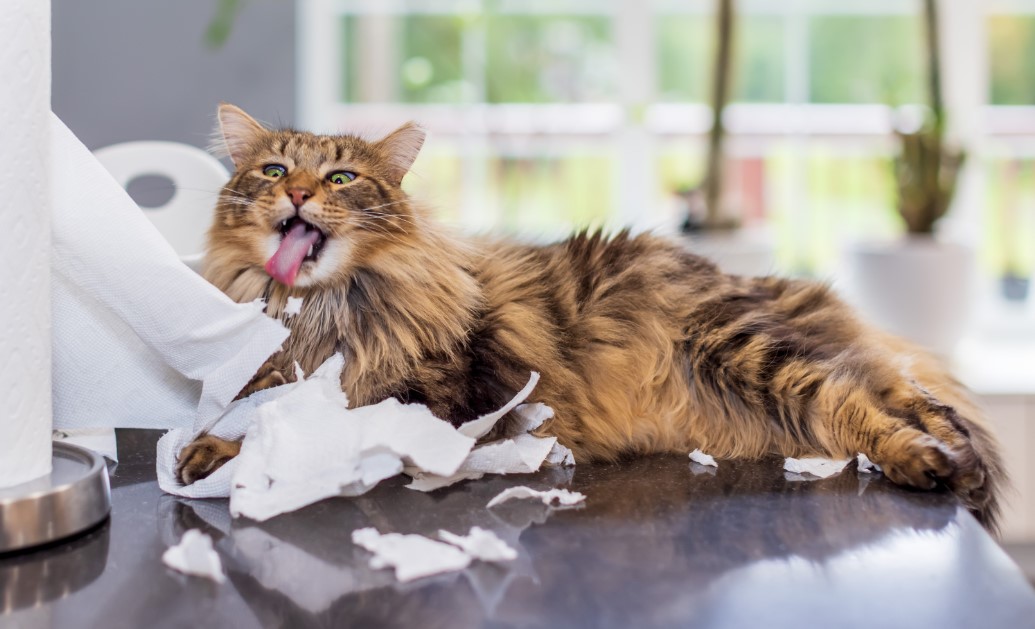
Ventilation
When using bleach or any other strong cleaning product, ensure proper ventilation in the area to reduce fumes.
Supervision
If you’re cleaning with bleach, keep your cat in a separate room or area until you’re finished and have thoroughly rinsed and dried any surfaces.
Use Pet-Safe Alternatives
Consider using pet-safe cleaning products that do not contain toxic chemicals. There are many options available that can effectively clean your home without endangering your cat’s health.

Seek Professional Help
If you suspect your cat has been exposed to bleach, do not try to treat it at home. Contact your veterinarian or an emergency pet poison hotline immediately. Prompt action can make a significant difference in your cat’s chances of recovery.
Resources & References
For more information on pet safety and toxic substances, you can refer to the following resources:
Recommended Articles
Explore more articles related to pet safety and toxic substances:
Most Common CAT POISONS
As an additional resource, you can watch the following YouTube video titled “5 Toxic Products Your Cat Needs to Avoid.” This video provides valuable insights into keeping your cat safe from harmful substances.
In conclusion, bleach is a hazardous chemical for cats, and even a small amount can lead to severe health issues. As a responsible pet owner, you must keep your home safe and prevent your cat from coming into contact with bleach. By following the guidelines mentioned in this article and staying informed, you can ensure a happy and healthy life for your feline companion.
FAQs – Bleach Will Harm a Cat
Will a small amount of bleach hurt a cat?
Yes, bleach is toxic to cats. Even a small amount can irritate their skin and eyes, and if ingested, it can lead to serious health problems or even death.
How toxic is bleach to cats?
The toxicity of bleach to cats depends on the concentration of the bleach and the amount ingested. A small amount of diluted bleach may not cause any serious harm, but a larger amount or a more concentrated solution can be fatal.
Can the smell of bleach hurt a cat?
The smell of bleach is not likely to hurt a cat, but it may be irritating to their respiratory system. If you are using bleach to clean, it is important to ventilate the area well to prevent your cat from inhaling the fumes.
Can cleaning with bleach harm my cat?
Yes, cleaning with bleach can harm your cat if they are exposed to it. Bleach can irritate their skin and eyes, and if ingested, it can cause serious health problems or even death. If you are using bleach to clean, it is important to keep your cat out of the area until the bleach has completely dried.
What if my cat licked a little bleach?
If your cat licked a little bleach, it is important to contact your veterinarian immediately. The veterinarian will be able to assess the situation and determine the best course of treatment.
Can you use bleach in a house with cats?
It is best to avoid using bleach in a house with cats. If you must use bleach, it is important to take precautions to prevent your cat from being exposed to it. Keep your cat out of the area where you are using bleach, and ventilate the area well to prevent the fumes from building up.


